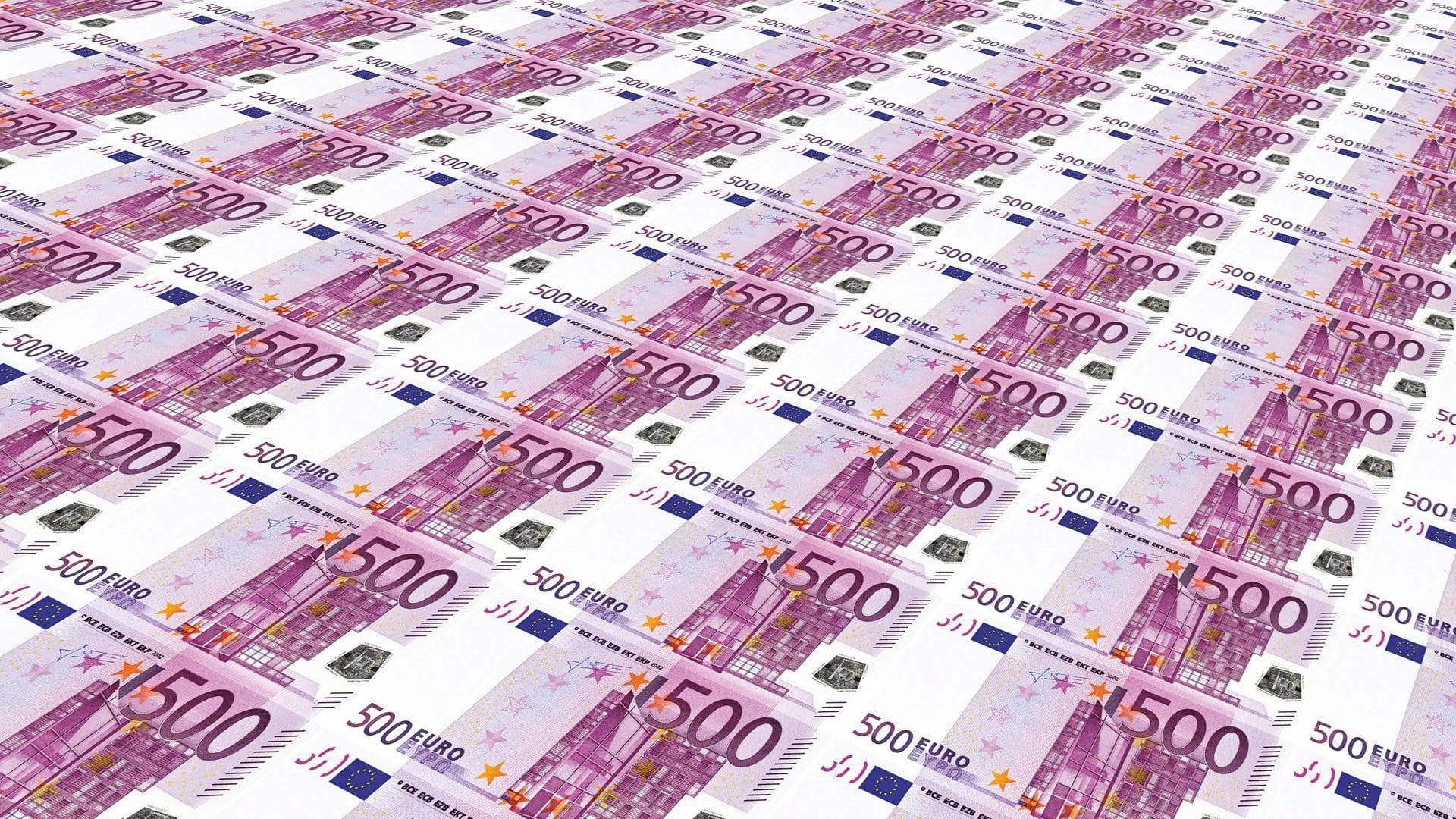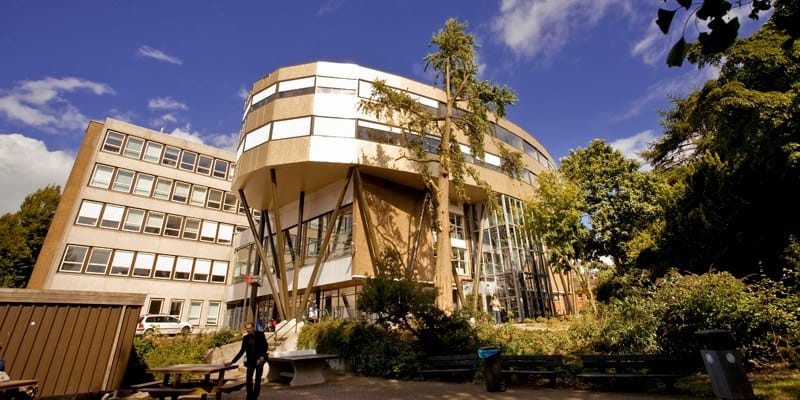Maarten Derksen received the prestigious Cheiron book prize for his Histories of Human Engineering. According to the jury, Derksen’s book “rose to the top in a field of candidates that was rich with excellent and interesting work.” And Mindwise was present in Akron, Ohio, when he accepted his prize.
When I started my studies, I soon found out what I wanted to do in life: research. Finding my subject of interest seemed to be much harder and for a moment it looked like I was going a complete different direction. But I came back.
The discussion surrounding Brexit provides us with an opportunity to reflect on our department’s position and possible future role in European psychology.
The chances are good that you have heard of mirror neurons. They were once thought to be the harbingers of a scientific revolution, and promised to “do for psychology what DNA did for biology” (according to the prominent neuroscientist V. S. Ramachandran in an Edge essay in 2000). But the revolution didn’t happen. In fact, […]
It’s extremely rare for three such events to run locally (and quite exceptional for them to run over just two weeks). So put it in your agenda: join us for Groningen’s summer of history!
Is it for the money that we are doing what we are doing? That doesn’t fit at all with a community defined by its intrinsic motivation, and certainly not when the object of that motivation is knowledge.
“Special children have special things,” said my mum as she handed me an old-looking book. I had returned to Canada for the summer, after my first year as a tenure-track assistant professor in the Theory and History of Psychology Department, and she had just downsized from her suburban half-acre to a condo in downtown Toronto. Moving house always leads to discovered treasures. This book was certainly one of those.
Dr Derksen engages with Roy Baumeister’s dismissal of failed replications as resulting from a lack of “flair.” The problem, he says, is not that Baumeister takes this seriously. Rather, it’s that he doesn’t take it seriously enough.
We all know that we test theories by subjecting them to experimental test, allowing us to potentially falsify hypotheses. But where do theories come from? A realist philosophy of science, and the method of retroduction, allows us to use empirical evidence, even from “failed” experiments, to generate as well as test theory.
In September 2016, the Department of Psychology starts five new international master’s tracks. These tracks link psychological knowledge to particular fields of application, to prepare students in the best possible way for the job market in their respective fields. All tracks seem promising, but how do you pick the track that is right for you?










